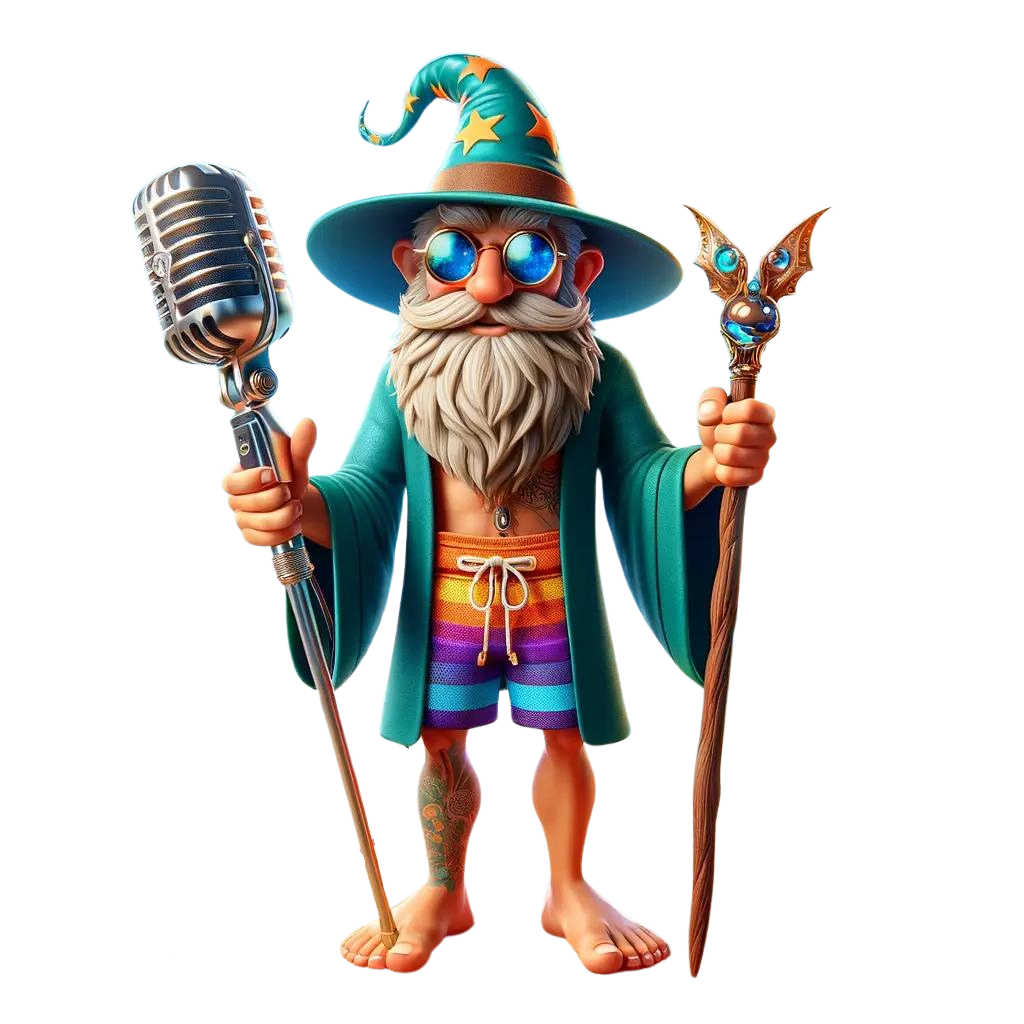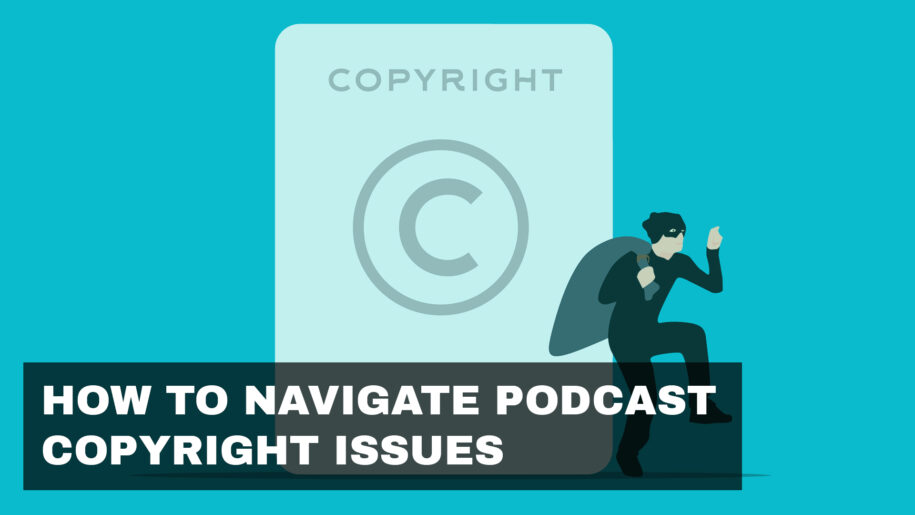Navigating copyright issues is crucial for podcasters to ensure they respect intellectual property laws and avoid legal complications. Understanding and adhering to copyright regulations protects both the creator and the content. In this blog post, we’ll explore the key aspects of podcast copyright issues and provide practical tips to navigate them effectively.
1. Understanding Copyright Basics
Copyright is a legal right that grants the creator of original work exclusive rights to its use and distribution. This includes music, audio clips, scripts, and other creative content used in podcasts.
Example: “Using a popular song in your podcast without permission can lead to copyright infringement, resulting in potential legal action and financial penalties.”
2. Obtaining Necessary Permissions
Before using copyrighted material, always seek permission from the copyright holder. This can involve licensing agreements or written consent, ensuring you have the legal right to use the content.
Example: “If you want to use a specific music track in your podcast, contact the artist or their licensing representative to obtain the necessary permissions.”
3. Using Royalty-Free and Creative Commons Content
Royalty-free and Creative Commons content can be a valuable resource for podcasters. These materials are often available for use with few or no restrictions, though it’s essential to check the specific licensing terms.
Example: “Platforms like Pixabay and Creative Commons offer a wide range of music and sound effects that can be used in your podcast, often requiring only attribution to the creator.”
4. Creating Original Content
One of the best ways to avoid copyright issues is to create your original content. This includes music, scripts, and sound effects specifically produced for your podcast.
Example: “Commissioning a composer to create original music for your podcast ensures you have full rights to use and distribute the track without legal concerns.”
5. Fair Use Considerations
Fair use allows limited use of copyrighted material without permission for purposes such as criticism, comment, news reporting, teaching, scholarship, or research. However, fair use is a complex legal doctrine and should be approached with caution.
Example: “Using short clips of music for review purposes might be considered fair use, but using them extensively in your podcast episodes likely would not.”
6. Understanding Public Domain
Works in the public domain are not protected by copyright and can be used freely. These include works whose copyright has expired or works that were never eligible for copyright protection.
Example: “Classical music compositions are often in the public domain, allowing you to use them in your podcast without seeking permission.”
7. Drafting Clear Agreements
When collaborating with others, ensure you have clear agreements in place regarding copyright ownership and usage rights. This is particularly important for co-hosts, guests, and freelance contributors.
Example: “Drafting a contract that outlines the ownership and usage rights of the podcast content can prevent future disputes and clarify each party’s rights.”
8. Responding to Copyright Claims
If you receive a copyright claim or takedown notice, address it promptly. Review the claim’s validity and, if necessary, remove the infringing content or seek legal advice to resolve the issue.
Example: “Immediately removing the disputed content and contacting a copyright attorney can help mitigate potential legal repercussions from a copyright claim.”
Navigating podcast copyright issues is essential to protect your podcast and maintain its integrity. By understanding copyright basics, obtaining necessary permissions, and using original or properly licensed content, you can avoid legal pitfalls and create a sustainable podcasting practice.
Additional Tips
- Educate Yourself: Regularly update your knowledge of copyright laws and best practices.
- Consult Legal Experts: When in doubt, seek advice from legal professionals specializing in intellectual property.
- Respect Attribution: Always provide proper attribution for any content you use under Creative Commons or other licenses.
By following these guidelines, you can navigate the complexities of podcast copyright issues effectively and focus on producing high-quality, legally compliant content.


